
Welcome to O Cubed History Page - Why is Biblical History so important?
Today, We have argued that the Bible is an accurate picture of what really happened to real people in history. But why is history so important in Christianity? Why is it so important that the facts in the Bible really happened? The answer is, that is what sets Christianity apart from all other religions and their sacred books. The other religions are based on rituals, superstitions, philosophical principles, the teachings of men who never claimed to know the truth, myths and legends. By contrast, Christianity is based on real historical events involving real people. It is not how much faith we have in something that is important but the integrity of the object we are placing our faith on. We hope you get great insight into the Word of God here as you continue your journey to find yourself in God's Holy Word.
Bible History Questions
-
Why is bible history important to us?
Can you picture the elderly apostle John remembering as if it was yesterday what it was like to be with the Jesus he vividly remembers? He wrote this in 1 John 1:1-5a:
That which was from the beginning, which we have heard, which we have seen with our eyes, which we have looked at and our hands have touched—this we proclaim concerning the Word of life. The life appeared; we have seen it and testify to it, and we proclaim to you the eternal life, which was with the Father and has appeared to us. We proclaim to you what we have seen and heard, so that you also may have fellowship with us. And our fellowship is with the Father and with his Son, Jesus Christ. We write this to make our joy complete. This is the message we have heard from him and declare to you.
When we read the NT and we see how Jesus worked in the lives of real people in another time and place we realize He can work in our lives as well. We see how Jesus overcame sin for all people, times and places. Christianity has solutions for real life back then, right now and tomorrow. But the scriptures of all other religions leave us in confusion, doubt, fear and despair.
How the sacred books are to be used is different as well. The Hindu scriptures are supposed to be interpreted by gurus, the Buddhist scriptures by priests and the Islamic scriptures by clerics. Go to the library sometime, sit down and try to read the Hindu Bagavad Gita and try to understand it for yourself. But the Bible was written in a way that is clear and straightforward so we can understand it on our own. John, in his biography of Jesus wrote plainly,
Jesus did many other miraculous signs in the presence of his disciples, which are not recorded in this book. But these are written that you may believe that Jesus is the Christ, the Son of God, and that by believing you may have life in his name.
The authors speak to us personally, individually, directly.
Finally, the Bible leaves us with a solution and a hope. Not only does the Bible fairly and accurately define our state of being completely lost and without hope of eternal life, it records the solution that Jesus provides. Here is a sample you've heard countless times before, but as I read it, think about the clarity of it:
For God so loved the world that he gave his one and only Son, that whoever believes in him shall not perish but have eternal life. For God did not send his son into the world to condemn the world, but to save the world through him. Whoever believes in him is not condemned, but whoever does not believe stands condemned already because he has not believed in the name of God's one and only Son.
That is based on an accurate account of what really happened not myth or superstition. And that's why I put my faith in Jesus Christ for my salvation. -
What is the timeline of Kings and events in the bible??
Timeline of Events
B.C.
1000 David becomes king of Israel
971 Solomon becomes king of Israel
931 Rehoboam becomes king of Israel
931 Jeroboam rebels; sets up a rival kingdom in the north
931 Jeroboam becomes king of the 10 tribes of Israel (North)
931 Rehoboam becomes king of the 2 tribes of Judah (South)
913 Abijam becomes king of Judah
911 Asa becomes king of Judah
910 Nadab becomes king of Israel
909 Bausha becomes king of Israel
890 Benhadad becomes king of Syria
886 Elah becomes king of Israel; Zimri becomes king of Israel
885 Tibni becomes king of Israel
883 Ashurbanipal II becomes king of Assyria
880 Assyria becomes a world power
880 Omri becomes king of Israel
874 Ahab becomes king of Israel
873 Jehoshaphat becomes king of Judah
859 Shalmaneser III becomes king of Assyria
858 Elijah begins to prophesy
853 Ahaziah becomes king of Israel ;
853 Jehoram becomes king of Judah
852 Joram becomes king of Israel
852 Elisha begins to prophesy
841 Jehu becomes king of Israel
841 Ahaziah becomes king of Judah
841 Athaliah seizes the throne of Judah
841 Hazael becomes king of Syria
841 Jehu pays tribute to Shalmaneser III
Later Events with Israel and Assyria
820 – The Lord Began to "Cut Off" Israel
734 – The Captivity of Northern Israel by Tiglath-Pileser III
722 – The End of the Northern Kingdom by Sargon II
721 – 28,000 Israelites Are Deported
720 – Sargon Invades Judah
713 – Sargon Invades Philistia, Edom and Moab
713 – Isaiah Warns Judah Not Ask Egypt For Help
713 – Sargon II Invades Judah Again
710 – Sargon II Conquers Egypt
705 – Sennacherib Becomes King of Assyria
702 – Sennacherib Devastates Northern Judah and Lachish
701 – Sennacherib Attacks Jerusalem
701 – The Assyrian Army is Smote by God
612 – Assyria is Destroyed by Babylon
609 – The Assyrian Empire Comes to an End
Here is a graphical reference:
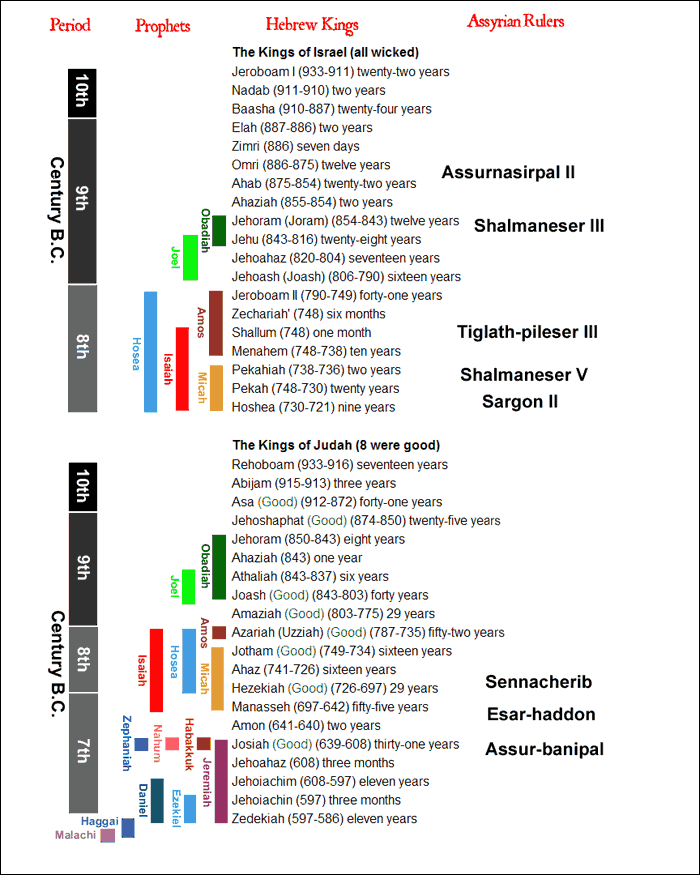
-
Why should we study the Old Testament?
The Bible is a progressive revelation. If you skip the first half of any good book and try to finish it; you will have a hard time understanding the characters, the plot, and the ending. In the same way, the New Testament is only completely understood when it is seen as being built upon the foundation of the events, characters, laws, sacrificial system, covenants, and promises of the Old Testament. If we only had the New Testament, we would come to the gospels and not know why the Jews were looking for a Messiah (a Savior King). Without the Old Testament, we would not understand why this Messiah was coming (see Isaiah 53); we would not have been able to identify Jesus of Nazareth as the Messiah through the many detailed prophecies that were given concerning Him (e.g., His birth place (Micah 5:2); His manner of death (Psalm 22, especially vv. 1,7-8, 14-18; Psalm 69:21, etc.), His resurrection (Psalm 16:10), and many more details of His ministry (Isaiah 52:13.; 9:2, etc.).
Without the Old Testament, we would not understand the Jewish customs that are mentioned in passing in the New Testament. We would not understand the perversions the Pharisees had made to God's law as they added their traditions to it. We would not understand why Jesus was so upset as He cleansed the temple courtyard. We would not understand that we can make use of the same wisdom that Christ used in His many replies to His adversaries (both human and demonic).
Without the Old Testament we would miss out on numerous detailed prophecies that could only have come true if the Bible is God's word, not man's (see the major and minor prophets) (e.g., Daniel 7 and following chapters). These prophecies give specific details about the rise and fall of nations, how they will fall, if they will rise again, which powers would be next to emerge, who the major players would be (Cyrus, Alexander the Great, etc.), and what would happen to their kingdoms when those players died. These detailed prophecies are so accurate that skeptics charge they had to have been written after the fact.
The Old Testament also contains numerous lessons for us through the lives of its many fallible characters. By observing their lives we can be encouraged to trust God no matter what (Daniel 3), and to not compromise in the little things (Daniel 1) so that we will be faithful later in the big things (Daniel 6). We can learn that it is best to confess sin early and sincerely instead of blame-shifting (1 Samuel 15). We can learn not to play with sin, because it will find us out and its bite is deadly (See Judges 13-16). We can learn that we need to trust (and obey) God if we expect to experience His promised-land living in this life and His paradise in the next (Numbers 13). We learn that if we contemplate sin, we are only setting ourselves up for committing it (Genesis 3; Joshua 6-7). We learn that our sin has consequences not only for ourselves but for our loved ones around us and conversely that our good behavior has rewards not only for us but for those who are around us as well (Genesis 3; Exodus 20:5-6).
The Old Testament also contains vast quantities of wisdom that the New Testament does not share. Many of these are contained in the Psalms and Proverbs. These bits of wisdom reveal how I can be wiser than my teachers, what various sins will lead to (it helps us to see the hook that the bait is hiding), and what accomplishments in this world hold for us (nothing!). How can I recognize whether I am a fool (moral fool, that is)? How can I inadvertently turn people off without trying? How can I open doors to lasting success? How can I find meaning in life? Again, there is so much there that is just waiting to be found by one who truly wants to learn.
Without the Old Testament, we would not have a basis for standing against the error of the politically correct perversions of our society in which evolution is seen to be the creator of all of the species over millions of years (instead of them being the result of special creation by God in a literal six days). We would buy the lie that marriages and the family unit are an evolving structure that should continue to change as society changes, instead of being seen as a design by God for the purpose of raising up godly children and for the protection of those who would otherwise be used and abused (most often women and children).
Without the Old Testament, we would not understand the promises God will yet fulfill to the Jewish nation. As a result, we would not properly see that the Tribulation period is a seven-year period in which He will specifically be working with the Jewish nation who rejected His first coming but who will receive Him at His second coming. We would not understand how Christ's future 1,000-year reign fits in with His promises to the Jews, nor how the Gentiles will fit in. Nor would we see how the end of the Bible ties up the loose ends that were unraveled in the beginning of the Bible, how God will restore the paradise He originally created this world to be, and how we will enjoy close companionship with Him on a personal basis as in the Garden of Eden.
In summary, the Old Testament is a mirror that allows us to see ourselves in the lives of Old Testament characters and helps us learn vicariously from their lives. It sheds so much light on who God is and the wonders He has made and the salvation He has wrought. It shares so much comfort to those in persecution or trouble (see Psalms especially). It reveals through repeatedly fulfilled prophecy why the Bible is unique among holy books—it alone is able to demonstrate that it is what it claims to be: the inspired Word of God. It reveals volumes about Christ in page after page of its writings. It contains so much wisdom that goes beyond what is alluded to or quoted in the New Testament. In short, if you have not yet ventured in depth into its pages, you are missing much that God has available for you. As you read it, there will be much you do not understand right away, but there will be much you will understand and learn from. And as you continue to study it, asking God to teach you further, your mining will pay off in brighter treasures still. -
How is the story of Jesus much deeper than crucifixion and resurrection?
The story of Jesus Christ goes much deeper than His crucifixion and resurrection.
Few will dispute that a man named Jesus Christ lived 2,000 years ago and that He was a great teacher who impacted the world. Christ made a controversial claim—that He was the very Son of God, the long-prophesied Messiah—causing religious authorities in Jerusalem to reject Him, hate Him and eventually succeeded in having Him put to death. Likewise, the local Roman civil authorities also saw Him as a threat and became complicit in His execution. The religions of His day, both Judaism and paganism, opposed the growth of His teachings and used unlawful and violent means to try to destroy the Church He founded. The government of Rome also came to vigorously persecute the followers of this Jewish teacher from Galilee.
Today, there is much confusion and questions concerning this controversial figure. Where can you go for the answers? The Bible.
The Bible explains what is about Jesus Christ. You can discover the answers to these questions and more: Who was Jesus Christ of Nazareth? Where did He come from? When was Jesus Christ born? What did Jesus teach? Was He God in the flesh? What did Jesus look like? Was He only a man? Why did He have to die?
Discover the true, fascinating story that so few understand. The story of the greatest Man who ever lived and the misunderstood message He preached—the gospel ( good news ) of the coming Kingdom of God! As you study the life of Jesus in the New testament, continually pray to the Holy Spirit to give you the answers to your questions. He Will!
Perhaps the boldest claim Jesus made about His identity was the statement,
“Most assuredly, I say to you, before Abraham was, I AM†(John 8:58)...What was going on here? Jesus was revealing His identity as the actual One whom the Jews knew as God in the Old Testament. (Page 7) The New Testament writers cite messianic prophecies from the Old Testament more than 130 times. By some estimates the Old Testament contains 300 prophetic passages that describe who the Messiah is and what He will do. Of these, 60 are major prophecies.
Questions to ponder
What are the chances of these prophecies being fulfilled in one person?
How does a careful analysis of Scripture, clearly indicates that December 25 is an unlikely date for Christ’s birth?
How can we fit “three days and three nights†between a Friday-afternoon crucifixion and a Sunday-morning resurrection?
Testimonials
We are About to Embark on a Mission to Revolutionize Learning God's Word!
Ask the questions and we will try with all we have to find the answers. All for the glory of God. Praise God!
We Use
"Making the simple complicated is commonplace; making the complicated simple, awesomely simple, that's creativity"
- Charles Mingus










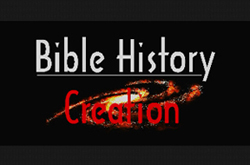

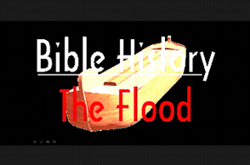
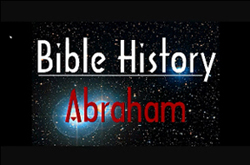

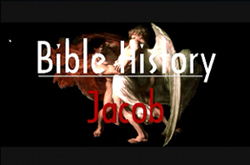
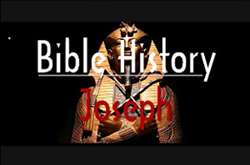
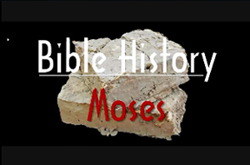
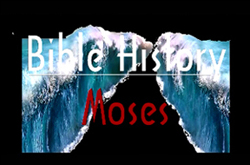

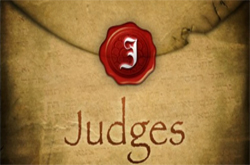

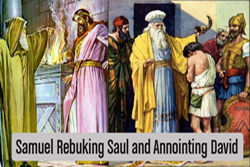
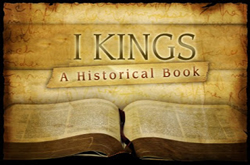
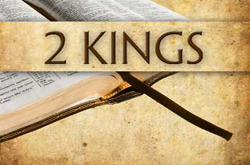
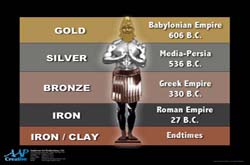
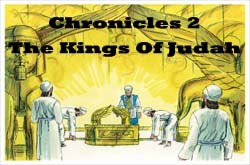
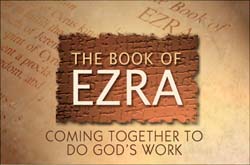
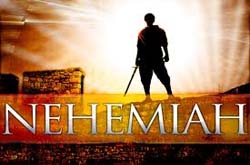

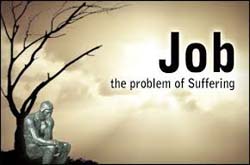

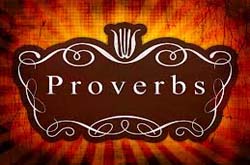
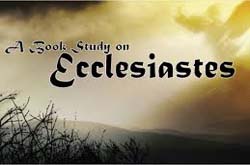

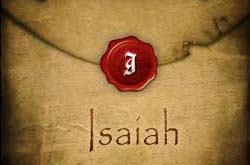
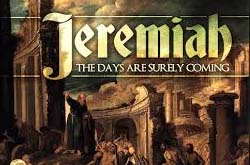
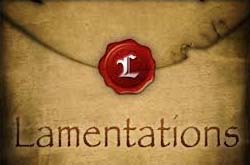

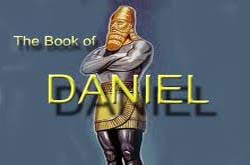
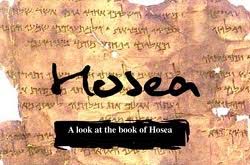
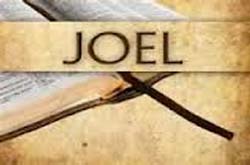

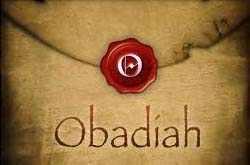




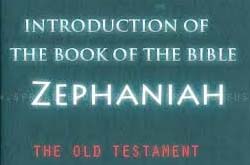
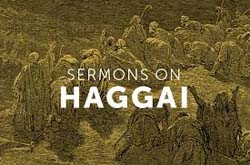
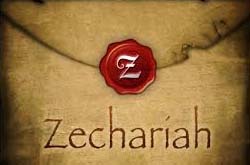

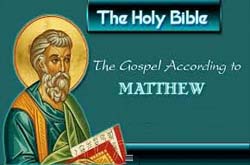
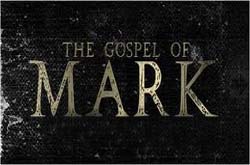
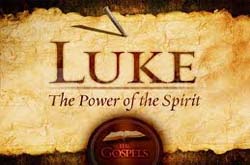
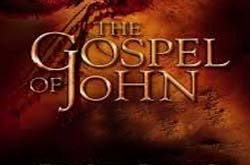
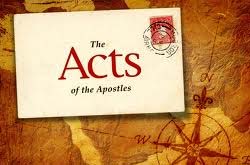
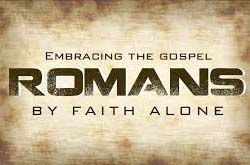
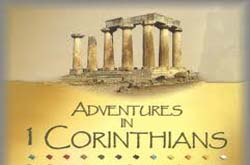

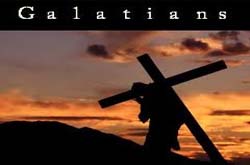
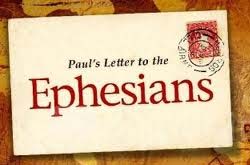

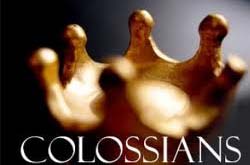
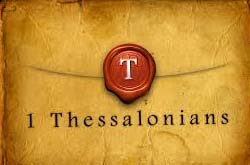
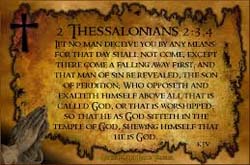
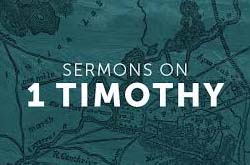
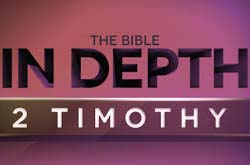
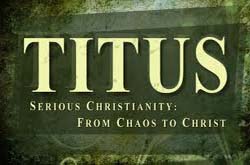
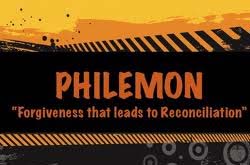

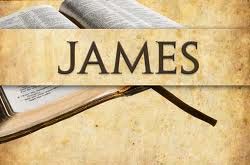
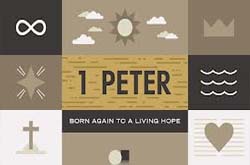
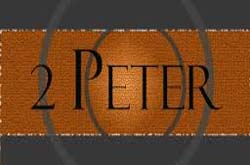


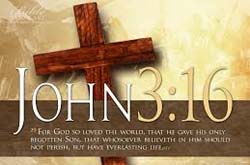
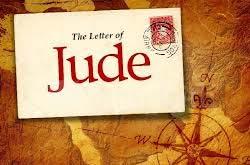
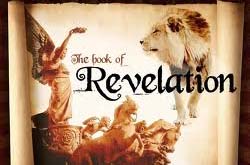
 John Albertson
John Albertson



